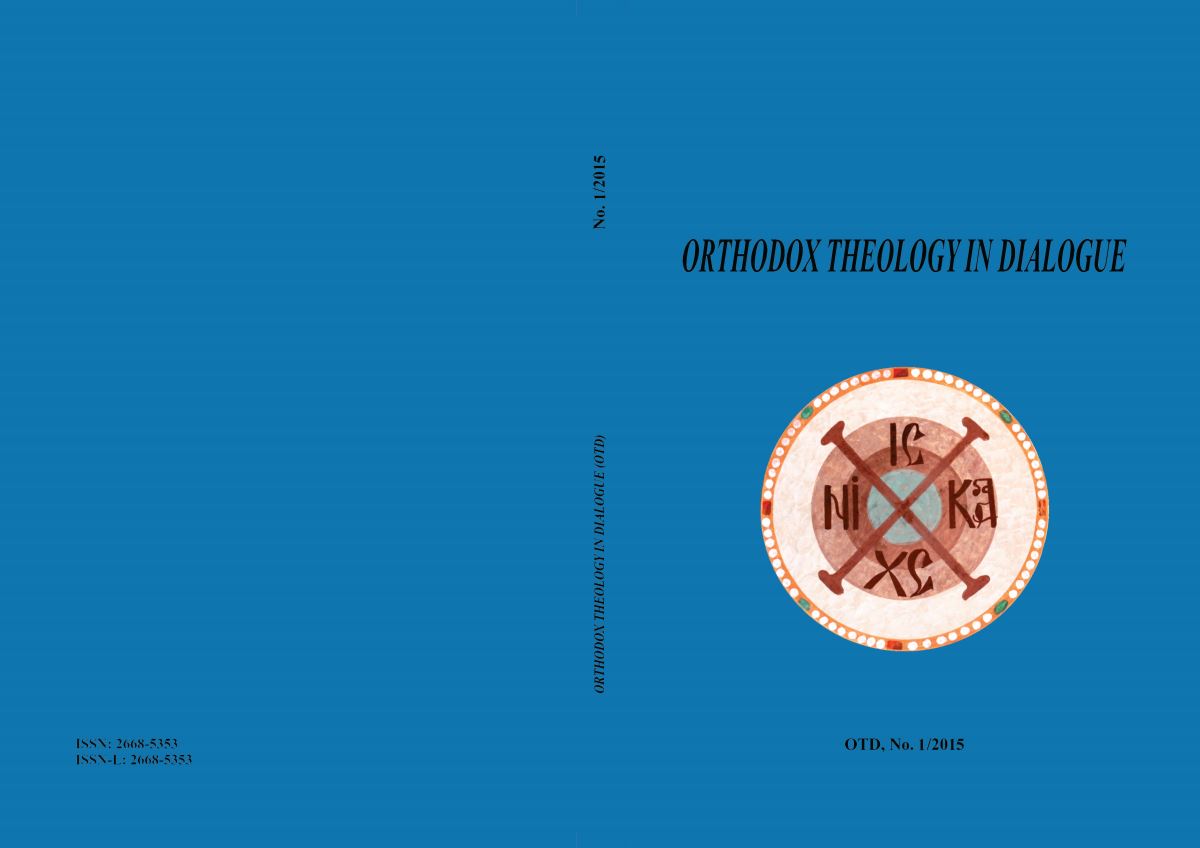The Incarnated and Eucharistic Son of God in the Thinking of Saint Cyril of Alexandria and Nestorius
The Incarnated and Eucharistic Son of God in the Thinking of Saint Cyril of Alexandria and Nestorius
No
Author(s): Irineu Ion PopaSubject(s): Christian Theology and Religion, Theology and Religion
Published by: MITROPOLIA OLTENIEI
Keywords: Cyril of Alexandria; Eucharist; Nestorius; Son of God; Incarnation;
Summary/Abstract: The essential differences between Nestorius and Saint Cyril can be understood from the meaning of the foundation of the Holy Eucharist by Christ. Saying that the God‟s body is a common one, Nestorius believes that his justification can be found in the word of Christ from the Mystical Supper. He says that “is the two natures are mixed in one, because the Scripture says that our Lord had told to His disciple that in the night in which He was betrayed, taking the bread in His hand and giving thanks, He give it to His disciple saying: Take, eat, this is My body. Why doesn‟t He say: This is My godhead that is broken for you? In the same way, when He raises the glass, Christ doesn‟t say: this is My godhead that is flowing for you, but this is My blood that is flowing for you for the forgiveness of your sins”. Through this interpretation, Nestorius shows the intention to separate the two natures in the Incarnated Logos. His conclusion is quite evident: if Logos isn‟t inside the human nature through Incarnation, it is much less Eucharistic. Therefore, the Eucharistic body is separated by the Son of God in the same way as the body is separated by the divine nature, Eucharist being an argument of these reasons. In this way, Eucharist is a continuation of the historical body of our Lord, where the words “this is My body” had no value, because the Logos wasn‟t directly referred. From here we understand that the Nestorian interpretation doesn‟t refer to “who is speaking” but to “what is spoken”, which means that the Eucharistic body is far from the godhead, as the human nature is away from the Logos and from the human nature, from the Incarnated Son of God
Journal: ORTHODOX THEOLOGY IN DIALOGUE
- Issue Year: 1/2015
- Issue No: 1
- Page Range: 9-21
- Page Count: 13
- Language: English

